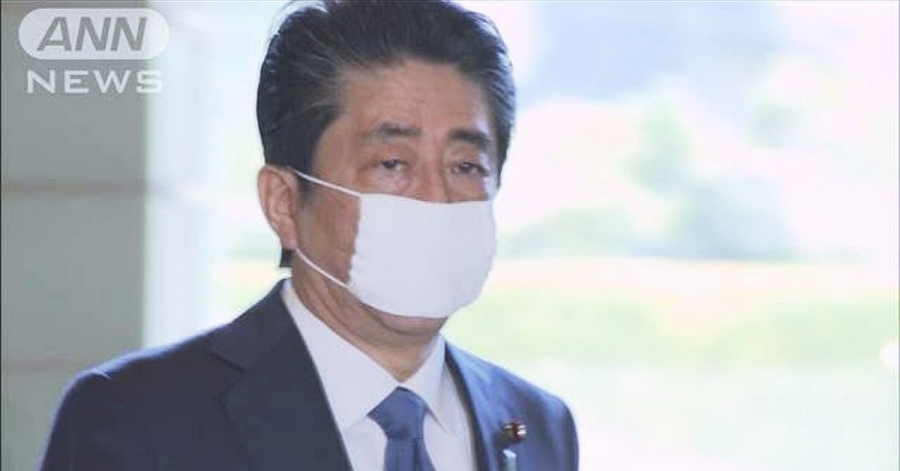As the number of coronavirus cases continues to spike in the capital, Tokyo, and other parts of the country, the government on Monday (April 6) began preparations for the declaration of a state of emergency over the coronavirus outbreak.
In line with this, Prime Minister Shinzo Abe was expected to convene with a panel of experts advising the government on the pandemic, with widespread reports that he would announce a state of emergency as soon as Tuesday.

Japan Government to Explore Possibility of Declaring a State of Emergency Over Spike in Virus Infections
The decision was based on the unprecedented increase in the number of infections in the last few weeks, though, still, a far cry from what the US and Europe have been reporting lately, as shared in a report by the Japan Times.
Tokyo on Sunday announced a record of 148 new cases, and pressure on the government has increased on the government to take fresh action.
For her part, Tokyo’s Governor Yuriko Koike has already called on residents of the capital to avoid non-essential outings on weekends and to work from home during the week.
Regarding the possible declaration, Koike shared, “We’ve not received anything formal but we are preparing various things assuming Tokyo will be designated.”
Further, the Tokyo governor is expected to outline how the declaration would affect the capital at a press conference later Monday.
The declaration will reportedly only cover parts of the country where infections are increasing rapidly and falls far short of the strict lockdown measures seen elsewhere in the world.
No Legal Powers to Impose, but Only to Ask
The expected declaration will only allow governors of areas affected to ask, but not order, residents to stay home, and call on businesses that attract crowds to shut their doors temporarily.
A declaration, however, will allow for the commandeering of land and buildings for medical purposes.
But there will be no legal power to enforce requests for people to stay inside, and no punishments mandated for those who fail to do so.
Of note, public transport will continue to operate, though reports Monday said Tokyo might ask train operators to reduce services by up to 50 percent, and supermarkets, banks, and hospitals will remain open.
Commenting on the possibility of a declaration of a state of emergency, experts say Japan’s legal system restricts the government’s ability to limit the movement of citizens.
Yoshinobu Yamamoto, an emeritus professor of international politics at the University of Tokyo explains, “Japan is still haunted by the negative legacy of the war and the oppression of its citizens”.
Yamamoto noted, however, that if the relatively relaxed measures proved insufficient to curb the spread of the virus, “calls for a stronger power to control people may grow”.
So far, Japan has been spared by the kind of crisis that some parts of Europe and the United States are currently experiencing, with around 3,650 cases across the country — compared to around 330,000 in the US and around 130,000 in Italy and Spain.
However, what Japan shares with most parts of Europe and in the US is the high number of the elderly population, which puts the country at a higher risk for what its Western counterparts are currently experiencing.
ALSO READ: Gov’t Issues Medical Guidelines to Address Rise in COVID-19 Infections